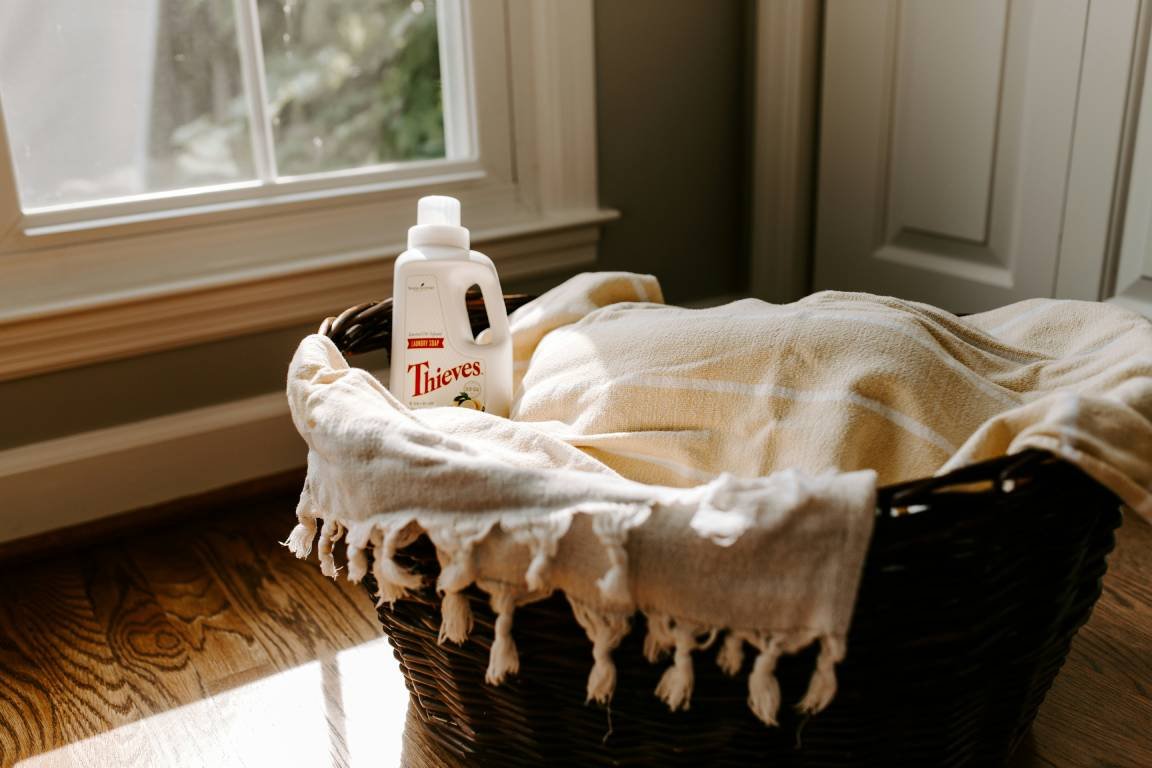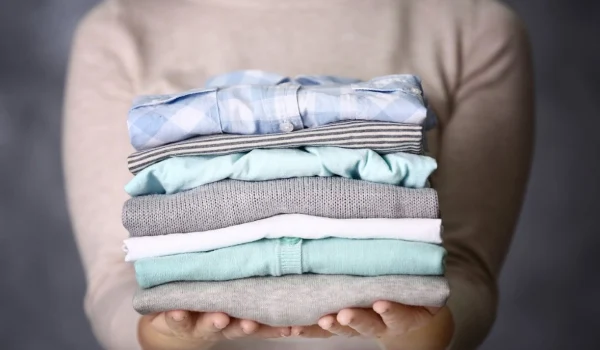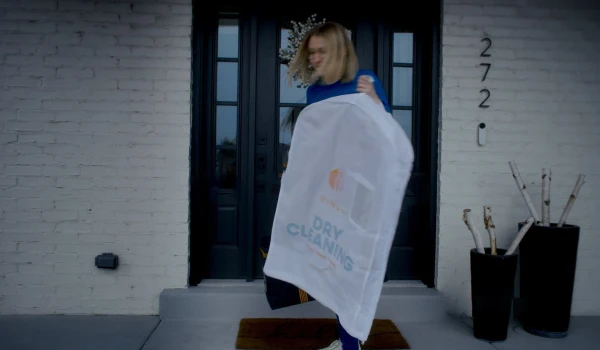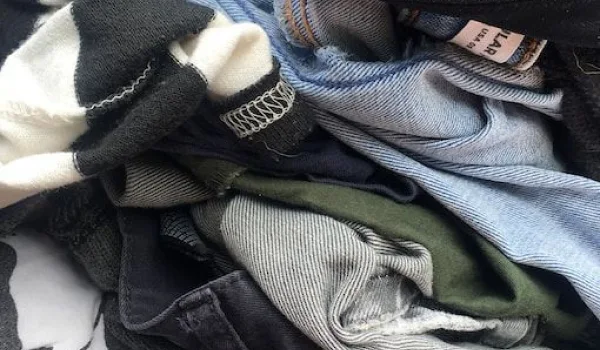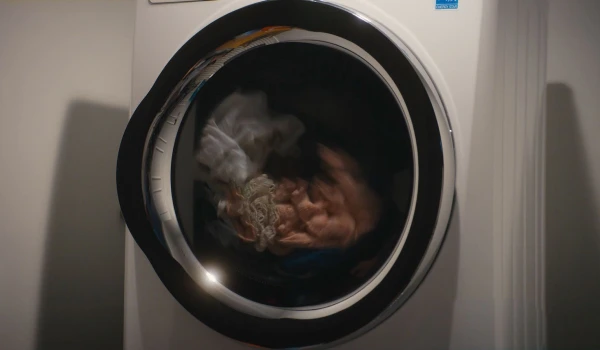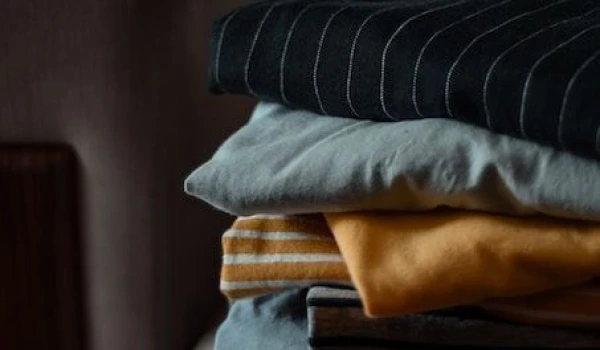Introduction
When it comes to keeping our clothes fresh and clean, most of us reach for laundry detergent without a second thought. However, the majority of conventional laundry detergents contain a cocktail of harmful chemicals that can be toxic not only to our health but also to the environment. From skin irritations and respiratory issues to water pollution and harm to aquatic life, the effects of these toxic chemicals in laundry detergents are far-reaching and alarming.
In this article, we’ll delve into some of the most common harmful chemicals in laundry detergents, explain their risks, and offer safer alternatives for a cleaner, healthier laundry routine. By understanding what’s in your liquid or powder detergent, you can make more informed choices to protect your yourself, your family, and the planet.

7 Harmful Chemicals in Laundry Detergents to Avoid
The following are some of the most concerning chemicals found in many conventional laundry detergents:
Phosphates
Phosphates are commonly used in laundry detergents to soften hard water, allowing the detergent to clean more effectively. However, they are also notorious for their negative environmental impact. When phosphates enter waterways through wastewater, they promote the growth of algae, leading to a process called eutrophication. This results in oxygen depletion in water bodies, harming aquatic life and disrupting ecosystems. For this reason, many countries have started to regulate or ban the use of phosphates in detergents, but they are still present in some products.
1,4-Dioxane
1,4-Dioxane is a synthetic chemical often used as a solvent in the production of detergents. Classified as a probable human carcinogen by the Environmental Protection Agency (EPA), 1,4-dioxane poses serious health risks. It can be absorbed through the skin or inhaled when using laundry products, potentially leading to cancer over prolonged exposure. Despite these risks, 1,4-dioxane is not always listed as an ingredient, making it difficult for consumers to avoid.
Chlorine Bleach
Chlorine bleach is widely recognized for its ability to whiten clothes and kill germs, but its toxic nature makes it a harmful choice for laundry care. Chlorine bleach can cause skin and respiratory irritation, and its fumes can be particularly hazardous in poorly ventilated areas. When chlorine bleach is washed down the drain, it reacts with other substances in water to form toxic compounds such as chloroform and dioxins, which are harmful to both human health and the environment.
Sodium Lauryl Sulfate (SLS) and Sodium Laureth Sulfate (SLES)
Sodium lauryl sulfate (SLS) and sodium laureth sulfate (SLES) are surfactants used in laundry detergents to help water mix with oils and dirt, allowing them to be washed away. While effective, these sulfates can cause skin irritation, particularly for those with sensitive skin or allergies. Moreover, during the production of SLES, the chemical can be contaminated with 1,4-dioxane, adding another layer of concern. SLS and SLES can also be harmful to aquatic life, as they do not break down easily in the environment.
Phthalates
Phthalates are often used in laundry detergents to help fragrances last longer on clothes. These chemicals are endocrine disruptors, meaning they can interfere with the body’s hormonal systems, potentially leading to reproductive issues and other health problems. Phthalates are also associated with increased risks of asthma and allergies in children. Like many toxic chemicals, phthalates can accumulate in the environment, posing risks to wildlife and ecosystems.
Nonylphenol Ethoxylates (NPEs)
Nonylphenol ethoxylates (NPEs) are another class of surfactants used in laundry detergents. NPEs break down into nonylphenol, a substance that is highly toxic to aquatic organisms and can disrupt the hormonal systems of fish and other wildlife. Due to its persistence in the environment, nonylphenol can accumulate in the food chain, posing long-term ecological and health risks.
Optical Brighteners
Optical brighteners are synthetic chemicals added to laundry detergents to make clothes appear whiter and brighter. These chemicals do not actually clean the fabric but rather create an illusion of cleanliness by reflecting light. Optical brighteners can cause skin irritation and allergic reactions in some individuals. Since they are not biodegradable, optical brighteners simply accumulate in the environment and contribute to water pollution.

What Are Some Safer Laundry Detergent Alternatives?
Given the risks associated with traditional laundry detergents, many people are turning to safer, more eco-friendly alternatives that effectively clean clothes without harmful chemicals. Here are some natural detergent options to consider:
Plant-Based Detergents
Plant-based detergents are formulated using natural ingredients derived from plants, making them a much safer option for both your health and the environment. These detergents are free from toxic chemicals such as phosphates, SLS, SLES, and artificial fragrances. Instead, they use natural surfactants and essential oils to clean and freshen your clothes. Plant-based detergents are biodegradable and are less likely to cause skin irritation, making them an excellent choice for people with sensitive skin or allergies.
Baking Soda
Baking soda is a versatile and effective alternative to traditional laundry detergents. It acts as a natural deodorizer and cleaner, helping to remove stains, neutralize odors, and soften fabrics without the need for toxic chemicals. Simply adding half a cup of baking soda to your laundry load can boost the cleaning power of your regular detergent or even be used on its own for a gentle wash. Baking soda is also environmentally friendly and safe for septic systems.
Soap Nuts
Soap nuts, also known as soapberries, are the dried fruit of the Sapindus tree. They contain natural saponins, which act as a gentle detergent when released in water. Soap nuts are a completely natural, biodegradable alternative to commercial laundry detergents, free from synthetic chemicals and fragrances. They are particularly effective for people with allergies or skin sensitivities and are safe for the environment. To use soap nuts, place a few in a small cloth bag and toss them into your washing machine – they can be reused for several loads.

Take Care of Your Clothes in an Eco-Friendly Way with Rinse
Switching to safer laundry detergents is a significant step towards a healthier lifestyle and a cleaner environment. However, for those who want the convenience of professional laundry care without compromising on safety or sustainability, Rinse offers an excellent solution.
Rinse is committed to providing an eco-friendly laundry experience by using clean products that are free from toxic chemicals. By choosing Rinse, you can be confident that your clothes are being cared for with detergents that are gentle on your skin and the environment.
In addition to using safe detergents, Rinse offers convenient pickup and delivery services, making it easier than ever to maintain an eco-friendly laundry routine. With Rinse, you can enjoy the peace of mind that comes with knowing your clothes are being washed in a way that’s better for you and the planet. Make the switch today for a cleaner, greener tomorrow.
Contact us at Rinse today to see our skill in action.

Have laundry or dry cleaning to do?
Rinse picks up, cleans and delivers 7 days a week. Amazingly awesome. Ridiculously simple.
